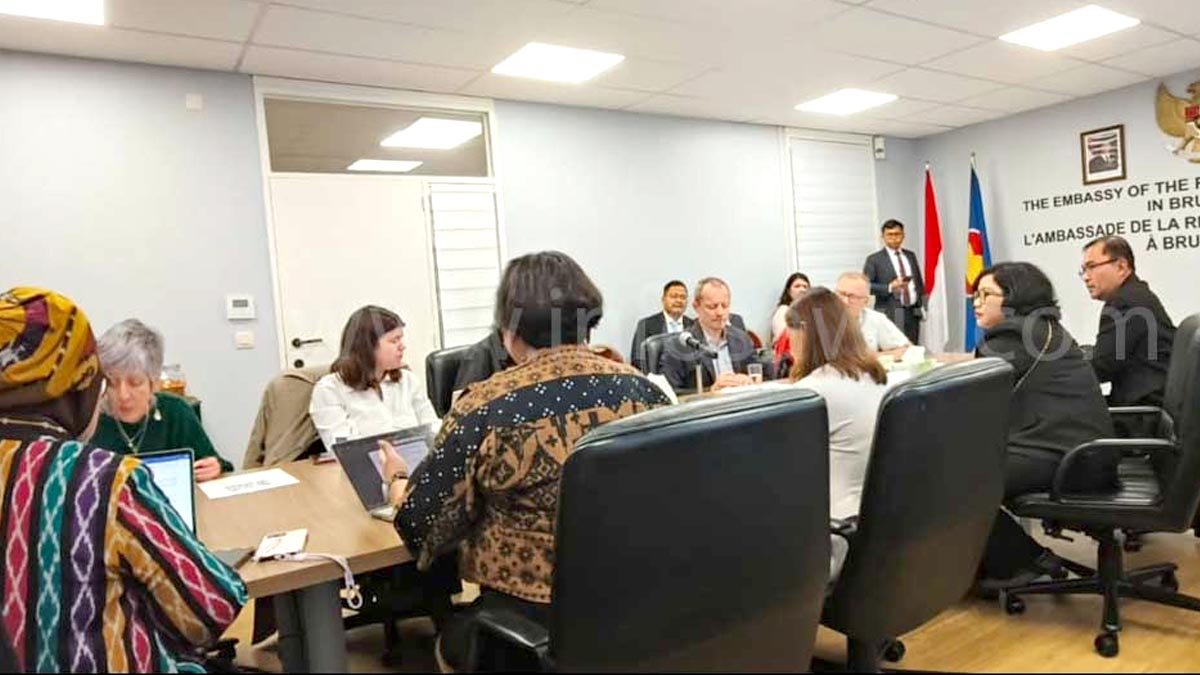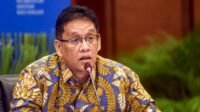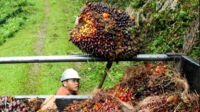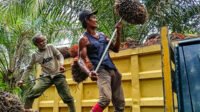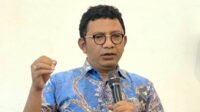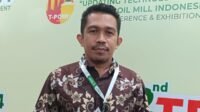PALMOILMAGAZINE, BRUSSELS — The atmosphere in a Brussels meeting room last weekend was unlike usual. Three Indonesian women smallholder palm oil farmers sat alongside diplomats, business leaders, and European policymakers. With trembling yet determined voices, they raised concerns that the European Union Deforestation Regulation (EUDR) could become a new threat to the livelihoods of smallholders back home.
The farmers—Nurhayati from North Sumatra (Koperasi Usaha Dagang Lestari), Umi Syamsiatun from Merangin, Jambi (Bumdes Harapan Makmur), and Cici Tiansari from Sarolangun, Jambi (Koperasi Agro Tani Lestari)—were not there for symbolic presence. They represented the voices of thousands of independent smallholders, particularly women, who often stand at the most vulnerable end of the global palm oil supply chain.
The event, part of the Smallholder Roadshow for Indonesia’s Key Commodities, also included rubber, cocoa, and coffee farmers. Held in Brussels, London, and Rome, the series provided a rare platform for direct dialogue between smallholders and European stakeholders who play a decisive role in shaping the future of sustainable trade.
A Regulation with Good Intentions, but Heavy Burdens
The EUDR was designed with a noble aim: to curb deforestation and forest degradation linked to global commodity supply chains. Yet for smallholders in producing countries like Indonesia, the regulation poses serious challenges. Requirements such as digital land mapping, verified formal legality, and full traceability from upstream to downstream create heavy burdens for farmers with limited access to technology, information, and institutional support.
“We don’t directly export to Europe. Our products are only fresh fruit bunches, which are processed by big companies into CPO and PKO. This means we still contribute to the European market. But once EUDR comes into force, we’ll be the ones hit hardest. Companies might cut us out of the supply chain, labeling us as high-risk for non-compliance,” said Umi Syamsiatun in a statement received by Palmoilmagazine.com on Tuesday (Sept 16, 2025).
Nurhayati echoed the sentiment, emphasizing that farmers do not reject the regulation. “We don’t oppose the EUDR, as its objectives align with our own commitment to preventing deforestation. We’ve already worked toward certification like ISPO and RSPO. But with EUDR’s complex requirements, we fear Europe may soon abandon smallholders,” she said.
Beyond economic threats, the women warned of potential social impacts. Excluding smallholders from the supply chain could jeopardize livelihoods, widen gender gaps, and weaken the role of women in agriculture.
“The EU should implement this regulation gradually—both in terms of timelines and requirements. We need time to adapt and opportunities to collaborate in preventing deforestation. We want to be part of the solution, not victims of the policy,” Umi added.
Cici Tiansari stressed the importance of multi-stakeholder collaboration, noting that true sustainability can only be achieved if every actor in the supply chain—including women farmers—receives equal recognition and support.
Their presence was welcomed by the Indonesian Embassy in Brussels, which helped facilitate the meeting. Rukaiyah Rafik, an advocate accompanying the women farmers during the roadshow, underscored the importance of such forums in making European policymakers listen.
“This is a vital step to ensure women farmers’ voices are no longer overlooked. Dialogue like this can pave the way toward fair and inclusive regulations that genuinely drive sustainability. Without smallholders at the upstream level, the goal of no deforestation is simply unattainable,” she said.
The concerns raised by these women illustrate a broader dilemma in global trade. On one hand, the world demands sustainable products. On the other, without meaningful support, regulations risk marginalizing those who most need access to markets—smallholders.
The presence of Nurhayati, Umi, and Cici in Europe serves as a powerful reminder: global policies cannot be crafted solely in distant boardrooms, detached from realities on the ground. Their voices affirm that true sustainability can only be achieved when all stakeholders are included—especially women smallholders, who stand on the frontlines of both environmental stewardship and family livelihoods. (P2)

